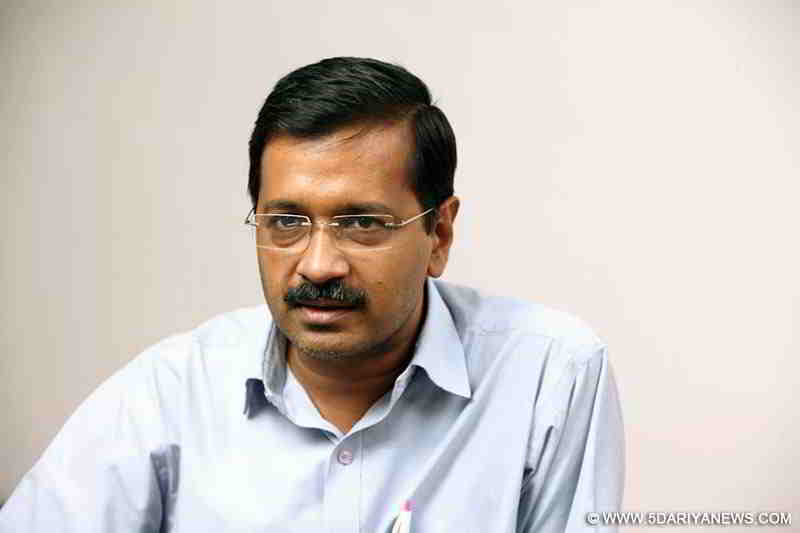Latest Politics News
AAP-BJP’s deathly duel

India News
Ajit Pawar’s son seeks detailed probe into Baramati plane crash
Jay Pawar has demanded a comprehensive probe and action against the aviation firm after the Baramati plane crash that killed Ajit Pawar and four others.
India News
PM Modi sends congratulatory letter to Tarique Rahman after swearing-in
Lok Sabha Speaker Om Birla handed over Prime Minister Narendra Modi’s congratulatory letter to Bangladesh Prime Minister Tarique Rahman following his swearing-in and extended an invitation to visit India.
India News
Navjot Kaur Sidhu says Rahul Gandhi disconnected from ground realities
Navjot Kaur Sidhu criticises Rahul Gandhi after exiting Congress, alleging corruption in the Punjab unit and predicting defeat in upcoming state elections.
-

 India News12 hours ago
India News12 hours agoDMK leader’s son arrested after car rams family in Krishnagiri, one dead
-

 India News11 hours ago
India News11 hours agoRSS chief backs nationwide rollout of Uniform Civil Code, cites Uttarakhand model
-

 India News2 hours ago
India News2 hours agoAs stealth reshapes air combat, India weighs induction of Sukhoi Su-57 jets
-

 Cricket news1 hour ago
Cricket news1 hour agoRinku Singh returns home from T20 World Cup camp due to family emergency
-

 India News25 mins ago
India News25 mins agoTamil Nadu potboiler: Now, Sasikala to launch new party ahead of election
















